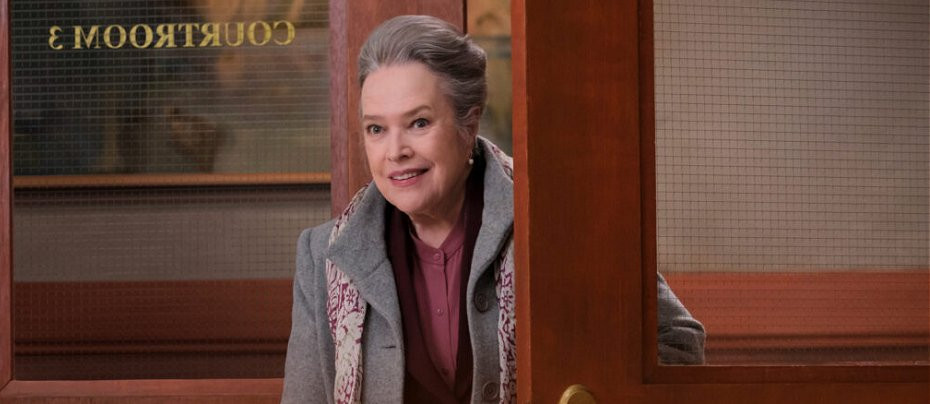
Rumpole of the Bailey
1975 - United KingdomAcidly acerbic, wryly subversive and deliciously irreverent, Rumpole of the Bailey is one of British television’s true dramatic triumphs. The creation of barrister, author and playwright John Mortimer, Horace Rumpole – the shambling, poetry-quoting “Old Bailey hack” – first appeared in a 1975 Play for Today for the BBC. But when the Corporation dithered over a full series, Thames Television seized the moment, launching what would become a long-running and beloved fixture of the small screen.
Mortimer’s scripts were witty, literate, and steeped in legal complexity, earning him accolades including the prestigious Edgar Allan Poe Award. His writing was more than clever courtroom repartee; it subtly skewered class snobbery, judicial pomposity and the absurdities of the legal system, while retaining a compassionate heart. At the centre of it all was Rumpole himself – crusty, eccentric, obstinate in the face of authority, and endowed with a deep, if often comically disguised, moral integrity.
Though producers initially had Alastair Sim in mind for the role (against Mortimer’s wishes), it was Australian actor Leo McKern who made Rumpole immortal. With a wheezy grumble, a well-chewed cigar, and a perpetually half-full glass of red (dubbed "Château Thames Embankment"), McKern brought an unmistakable warmth and eccentricity to the character. His Rumpole was no cartoon — beneath the buffoonery and bluster beat the heart of a man devoted to justice and fairness, even if his methods were unconventional and his personal life less than heroic.
Indeed, Rumpole’s domestic woes were a comedy staple. Forever under the thumb of the formidable Hilda – "She Who Must Be Obeyed" – he cut a tragically comic figure at home, where any courtroom bravado crumbled in the face of spousal command. The role of Hilda was first played with quiet steel by Peggy Thorpe-Bates and later, with equal conviction, by Marion Mathie.
The first series aired in 1978, produced by the distinguished Irene Shubik and directed by talents such as Herbert Wise and Graham Evans. Uniquely, that initial run depicted a decade-long timeline, from 1967 to 1977, whereas later series took a more contemporary approach. The supporting cast throughout the show’s run was of an enviably high calibre, featuring guest appearances from the likes of Patricia Hodge, Peter Bowles, Jane Asher, Phyllida Law, Anton Rodgers, and many more. Notably, McKern’s own daughter Abigail eventually took on the role of Liz Probert, Rumpole’s feminist junior.
Although Rumpole briefly "retired" to Florida in 1979, he returned with a vengeance – first in a 1980 Christmas special, then for fresh series in 1983, 1987–88, and finally from 1991–92.
Warm, witty, insightful and unafraid to address the myriad of social problems that confront the cloistered world of the legal profession, between 1975–1992, John Mortimer’s classics-quoting, plonk-swigging nemesis of injustice, Horace Rumpole, was a memorable high-water mark in the annals of British television drama's on-going affair with the dramatic tension of the halls of justice.
Seen this show? How do you rate it?
Seen this show? How do you rate it?
Published on June 30th, 2024. Written by Laurence Marcus for Television Heaven.










